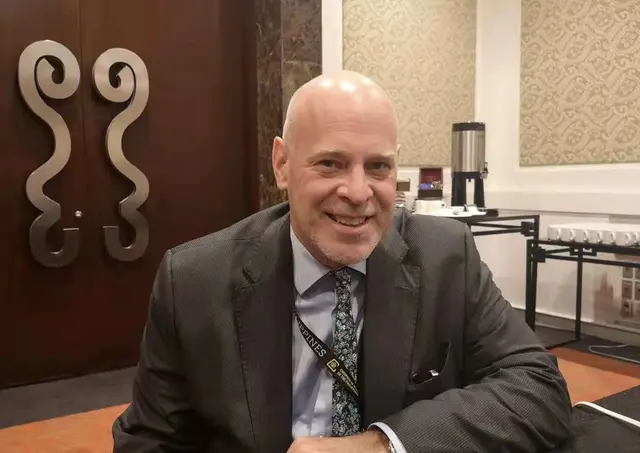By APD writer Melo M. Acuña
MANILA, Sept. 12 (APD) – The series of controversies surrounding the mining industry in the Philippines may likely end as major industry players have seriously considered a different approach.
Following the footsteps of The Mining Association of Canada, the Chamber of Mines of the Philippines (COMP) has embarked on a new system known as Towards Sustainable Mining (TSM) which aims to go beyond regulation and encourage the industry to operate according to the best practices developed in various aspects of the industry.
In an exclusive interview with Pierre Gratton, President, and CEO of The Mining Association of Canada at the sidelines of 2019 Mining Philippines International Conference and Exhibition, he said industry players measure themselves against criteria they devised from a scale of C to A, Double-A and Triple-A.
“As you get higher up that scale you have to meet more criteria and standards,” he said. The parameters include how they engage local communities, how they manage biodiversity, how they manage their energy and their greenhouse gases and how they ensure their workers are safe and how they deal with indigenous communities.
The TSM program has been going on in Canada for the past 15 years and their members flew to the Philippines to meet with the newly-formed panel of experts from the Chamber of Mines of the Philippines.
He said mining in Canada is about 3.5% of the country’s Gross Domestic Product (GDP) from a high of about 4%. He added as the economy expands and diversifies, mining’s share has gone down a bit. They employ about 600-700,000 Canadians from a population of 35 million.
“We pay the highest wages in the Canadian economy and mining’s responsible for about 20% of the country’s exports,” Gratton added. He said mining in the Philippines is about 1% “so as not as significant but the country is rich in minerals.
Gratton said the government doesn’t play any role in the TSM approach as the industry regulates itself as they remain transparent and accountable “through a system of performance measurement.”
Finland is another country which adopted the TSM four years ago and the industry leaders allowed the government to be represented in their panel.
“We do leave it to the discretion of each jurisdiction and the chamber of mines to decide what’s best for them,” Gatton explained.
Speaking of environmental measures being adopted and implemented in Canada, Gratton said they have probably the strictest water quality standards worldwide. All mining activities go through federal and provincial assessments and reviews as mining are one of the most heavily regulated sectors in the Canadian economy.
Asked what Canadian companies look for in countries they intend to do business with, Gratton said they look for a fairly stable fiscal environment, a fairly stable political environment and “for the most part is a fairly stable regulatory environment with a very highly-skilled and well-educated workforce.” They also look for places with rich geological resource.
He said the ban on open-pit mining is unimaginable in Canada as it is larger than the traditional underground mine.
Limiting activities to the underground mining would limit the industry’s national economy, considerably, he said.
(ASIA PACIFIC DAILY)
 简体中文
简体中文





